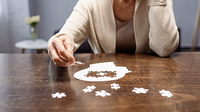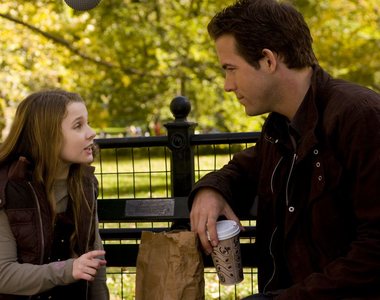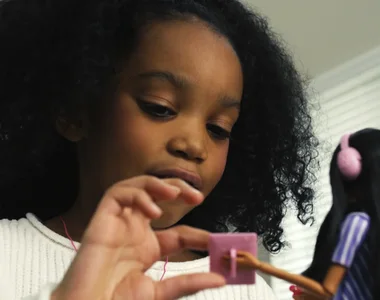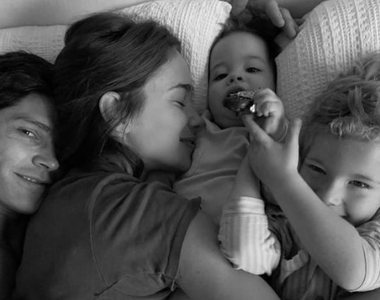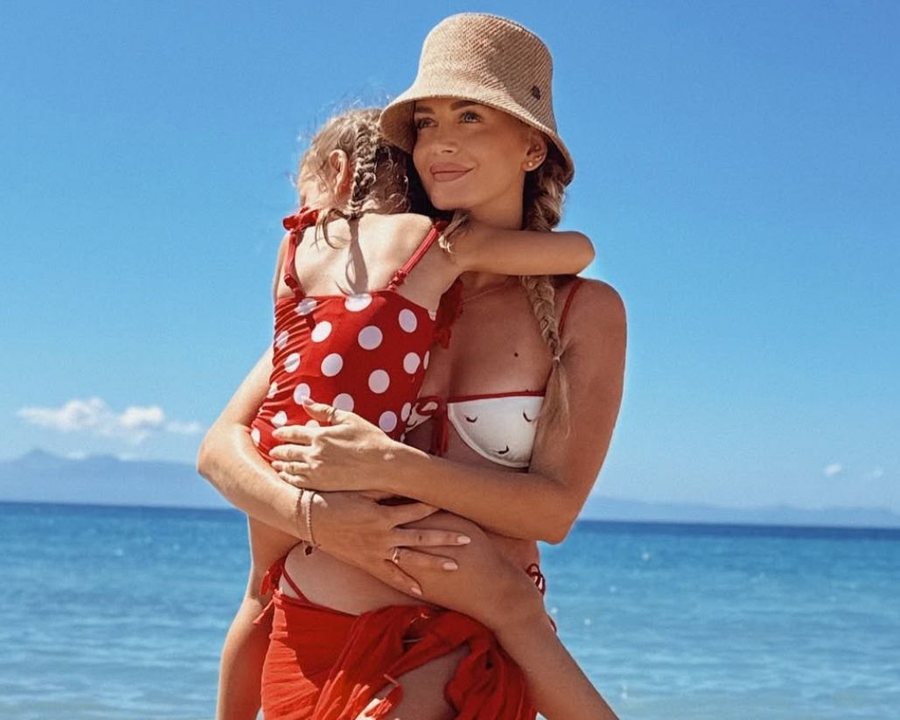
Orinda Huta recently did a series of question-and-answer stories on Instagram, where one of the questions, very interesting, was:
"Has Atara ever shot you? And how do you react if you tell her not to and she keeps doing it?"
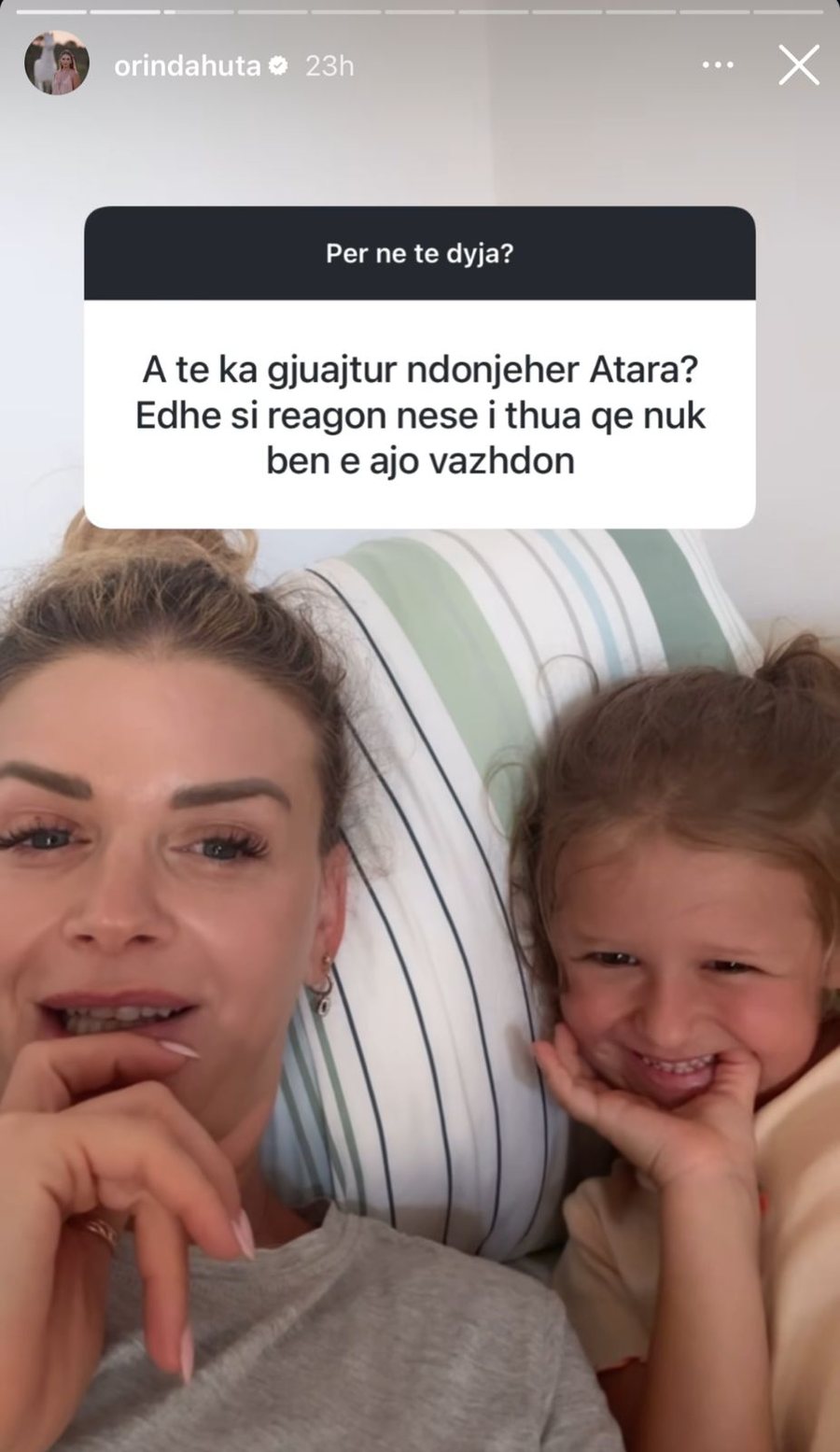
Orinda's response, in conversation with her little one, was that the incident had undoubtedly happened, but they had already passed that stage.
"The last seizure happened a year ago," Orinda said. "Over time, when [the girl] started kindergarten last year, it stopped as if by magic, she didn't have any more seizures. I was like, 'Where did this come from?' when she started having seizures. But with practice, it went away."
Based on this normal stage of parenting that was touched on on Orinda's Instagram, we show you how to react when your child hits you:
When a child hits, whether it's a parent, sibling, friend, or even the house dog, it's normal to feel shocked, angry, or even ashamed.
But this behavior is much more common than you think and, more importantly, it is a normal part of a child's early development.
Why do they hit children?
Young children do not yet have the ability to control impulses, process their emotions, or express in words what they feel.
They may strike out of frustration, fatigue, hunger, jealousy, or simply a desire to test your limits. Often they don't realize they are hurting someone.
Hitting can be a form of "communication," albeit an inappropriate one, because they don't yet know how to express themselves otherwise.
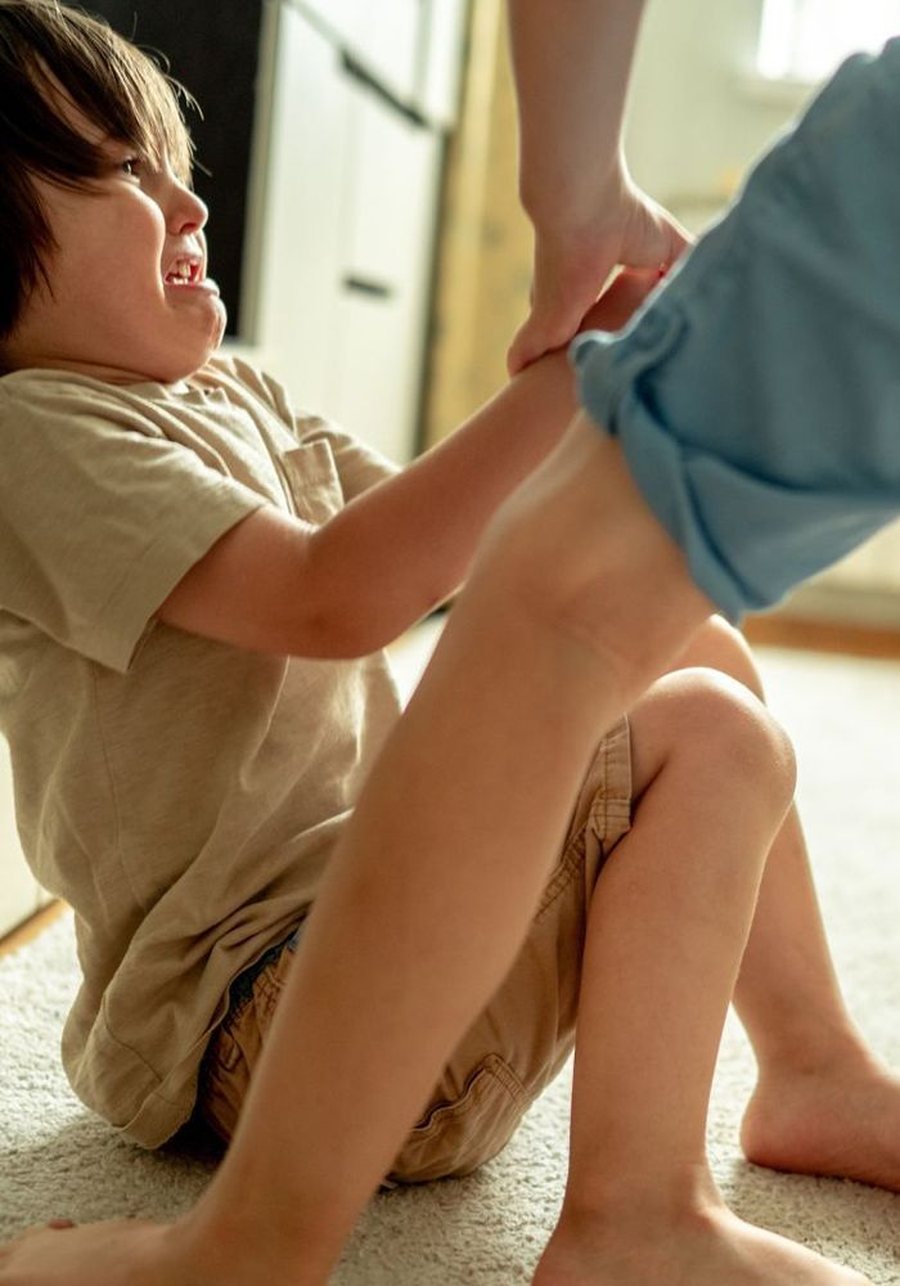
What to do when a child hits?
Keep calm.
Reacting with aggression, yelling, or physical punishment only reinforces the behavior you are trying to eliminate. Remember: you are modeling the behavior you want your child to learn.
Set clear boundaries.
In a gentle but firm tone, say, "It's not okay to hit. I'm here to help you." These words give the child reassurance and teach a clear rule.
Help your child manage emotions
Before you teach the solution, help your child understand what he or she is feeling. You can say, "It sounds like you are really upset. I understand." This teaches your child that feelings are acceptable, but behavior is not.
Show an alternative
Instead of just saying “don't,” show them what to do: “Let's touch each other gently,” and demonstrate with your hands how to do it. Visual demonstration is more effective than abstract commands.
Remove yourself from the situation.
If the hitting continues, leave the environment for a few minutes. A short, quiet “time-out” (not punishment) can help the child regulate emotions and learn that behavior has natural consequences.
Be a positive role model
Don't hit your child back to stop hitting. Even if you justify it as "easy," you are sending the message that violence is an acceptable means of resolving conflicts.
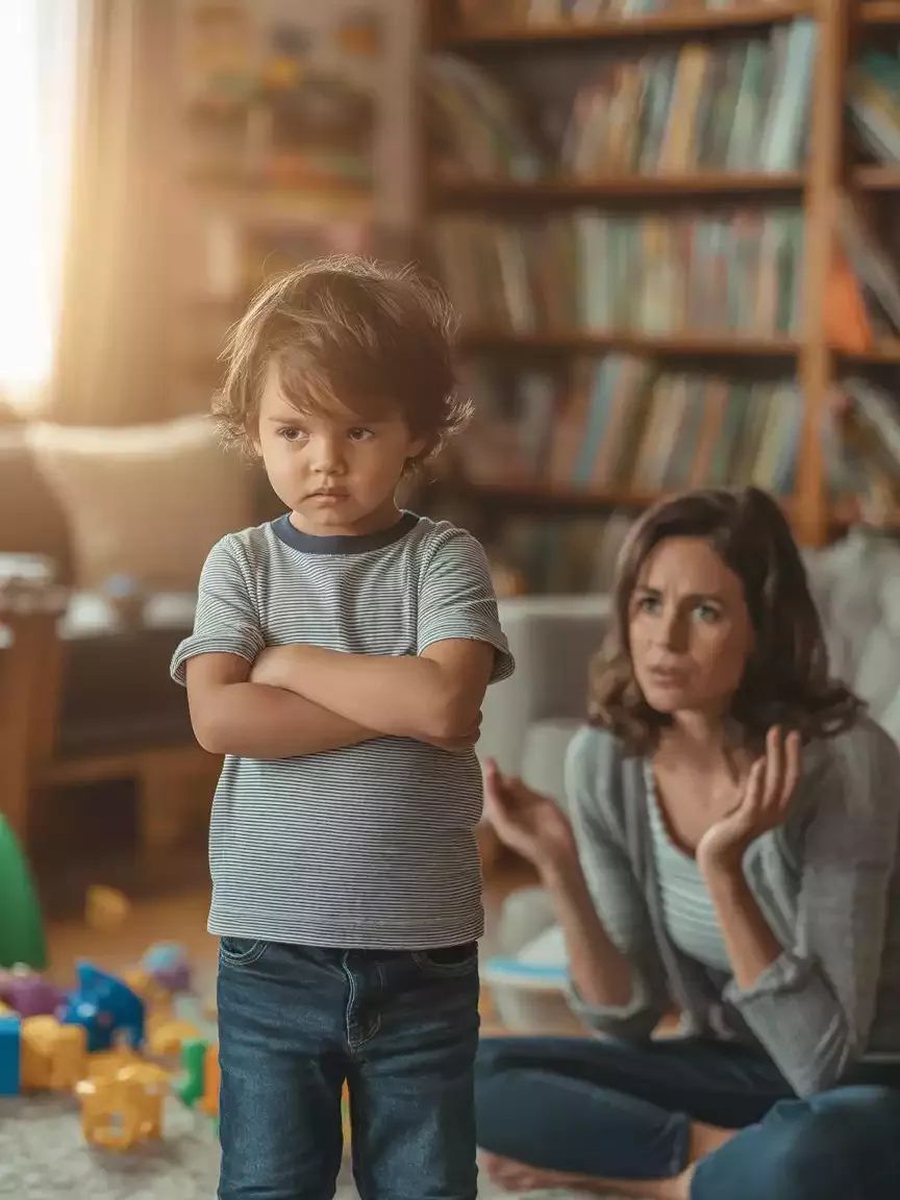
What NOT to do?
Don't embarrass the child.
Shame does not teach, it only increases feelings of guilt and isolation.
Don't immediately apologize for being forced.
Children often don't understand what's going on. Instead, model a sincere apology and express how you feel.
Don't react to "show" others that you are a strict parent.
Education is a relationship, not a public performance.
How to prevent future strokes?
Watch for warning signs.
Some children make strange noises, clap their hands, or move quickly before hitting. Intervene early, calmly.
Involve the child in the solution
When he is calmer, discuss: "What can we do when we feel upset?"
Create a quiet corner
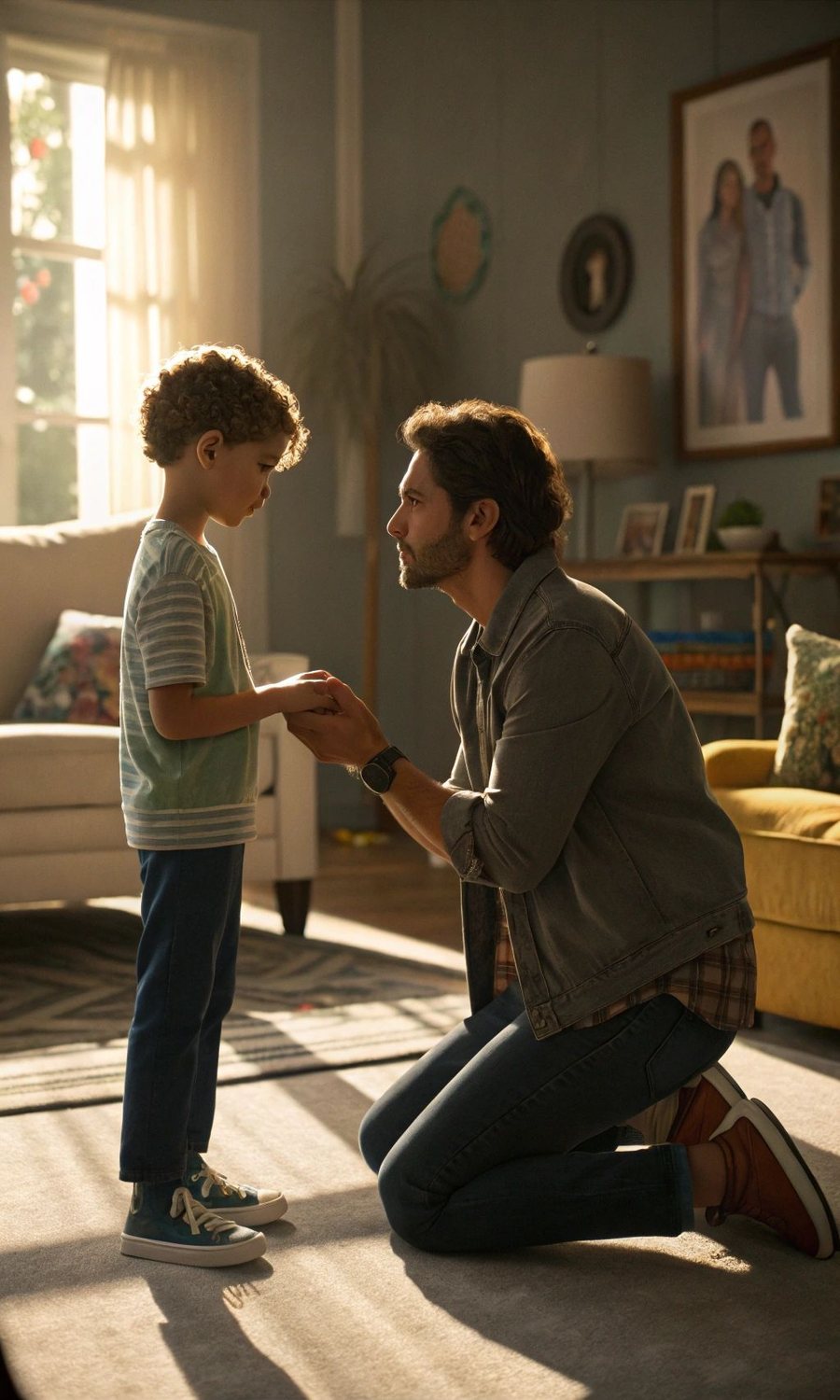
A place where the child can go to rest and calm themselves, not as a punishment, but as a help.
Hitting is a behavior that young children use when they feel overwhelmed or like they can't express themselves any other way. With patience, clarity, and lots of love, they can learn better ways to express their emotions. Just as they learned to walk and talk, they will learn to cope with their feelings.
After all, there are no “bad” children, only children who are still learning. And for that, they need you.
Sources: Healthline, Positive Discipline



